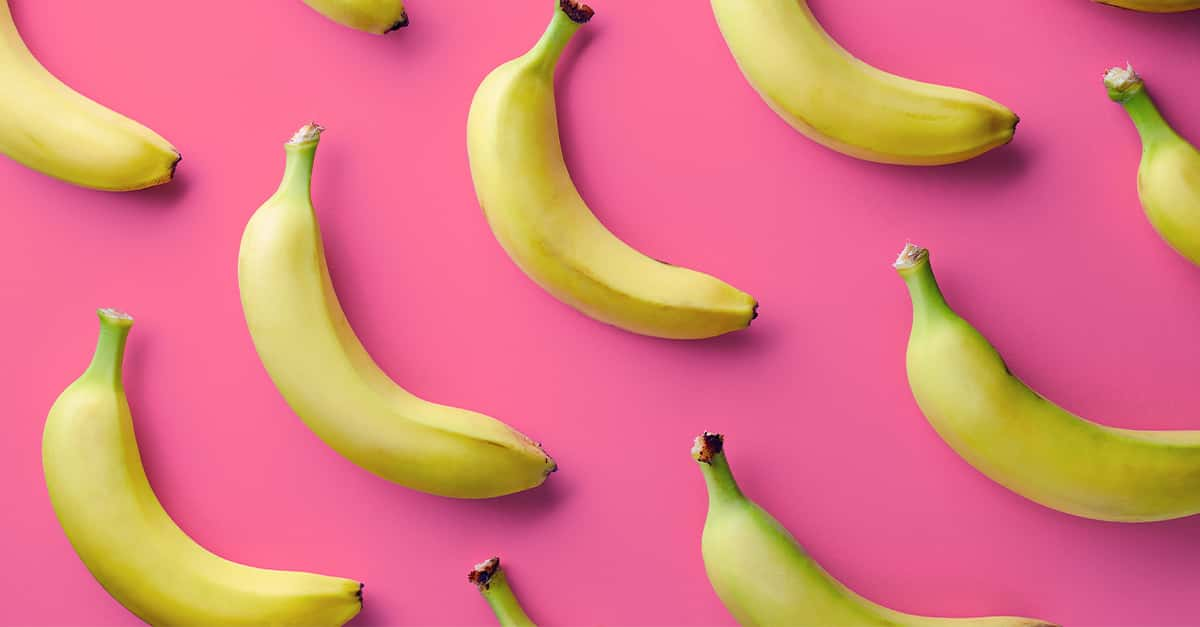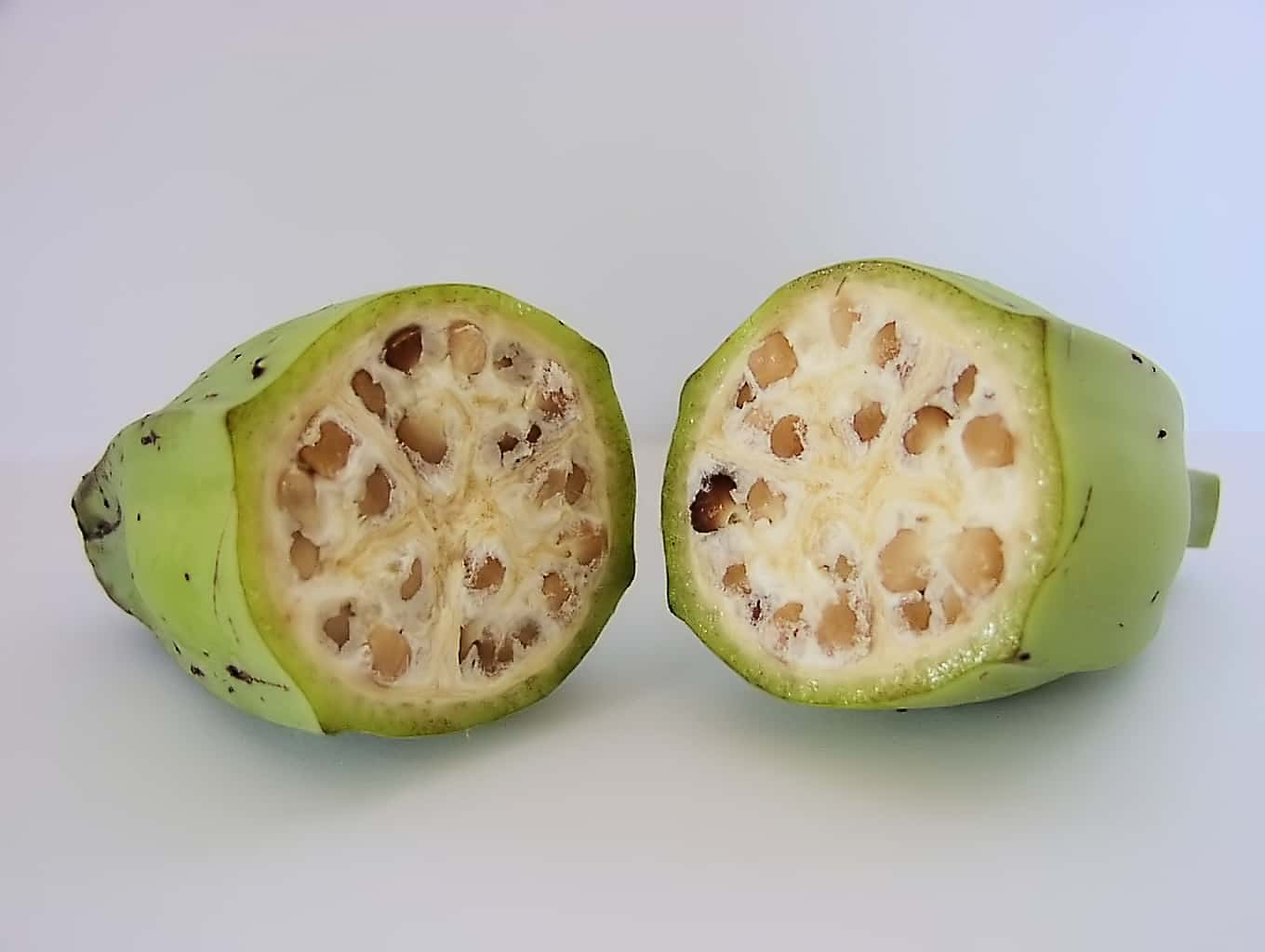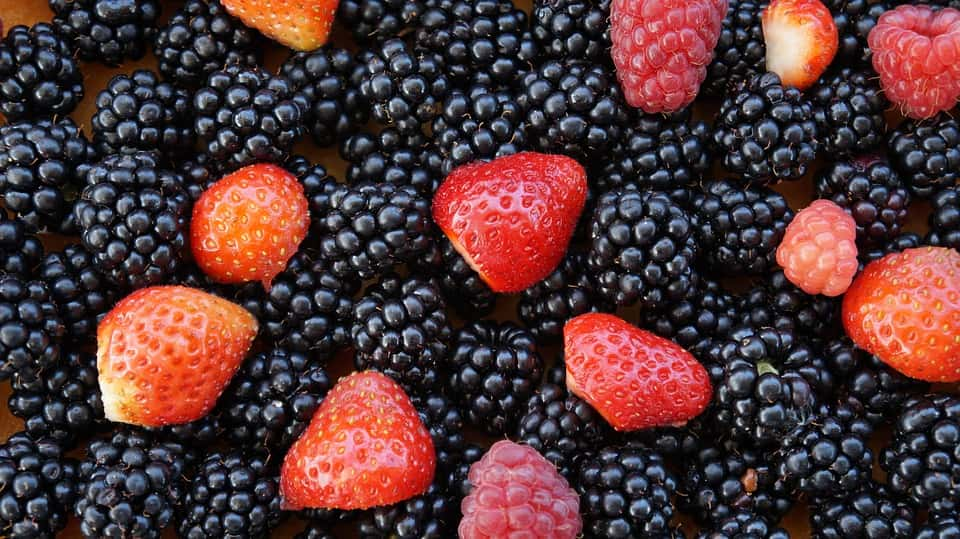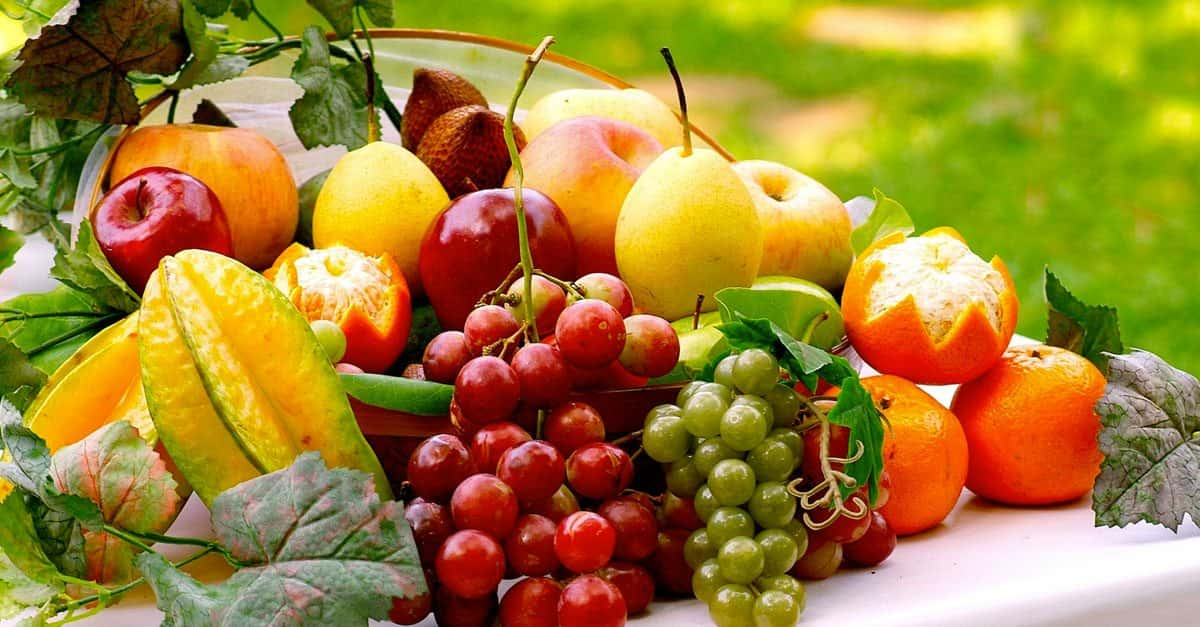Think about what you know about fruit. For most of us, it’s pretty basic. You've got your berries, like blueberries, raspberries, and strawberries. You’ve got your stone fruits, like apples, peaches, and plums. And then, there’s all that other stuff—all those melons, vine fruits, citrus fruits, and more. So where does this leave the mighty banana? Our potassium-rich friend is a kitchen staple. But there’s more to the banana than meets the eye, and according to some, it’s actually a type of berry. So what kind of fruit is a banana—and are bananas berries?
Are Bananas Berries?
What Kind of Fruit is a Banana?
In North America, we’re most familiar with what we call dessert bananas—the long yellow types that ripen quickly on the counter and are sugary-sweet at their prime. Bananas are actually basically interchangeable with plantains, which are often used in Caribbean cooking. Like bananas, plantains can be eaten raw, plus they're about as sweet as a banana. The main difference is that a plantain lacks the banana's distinctive flavor.
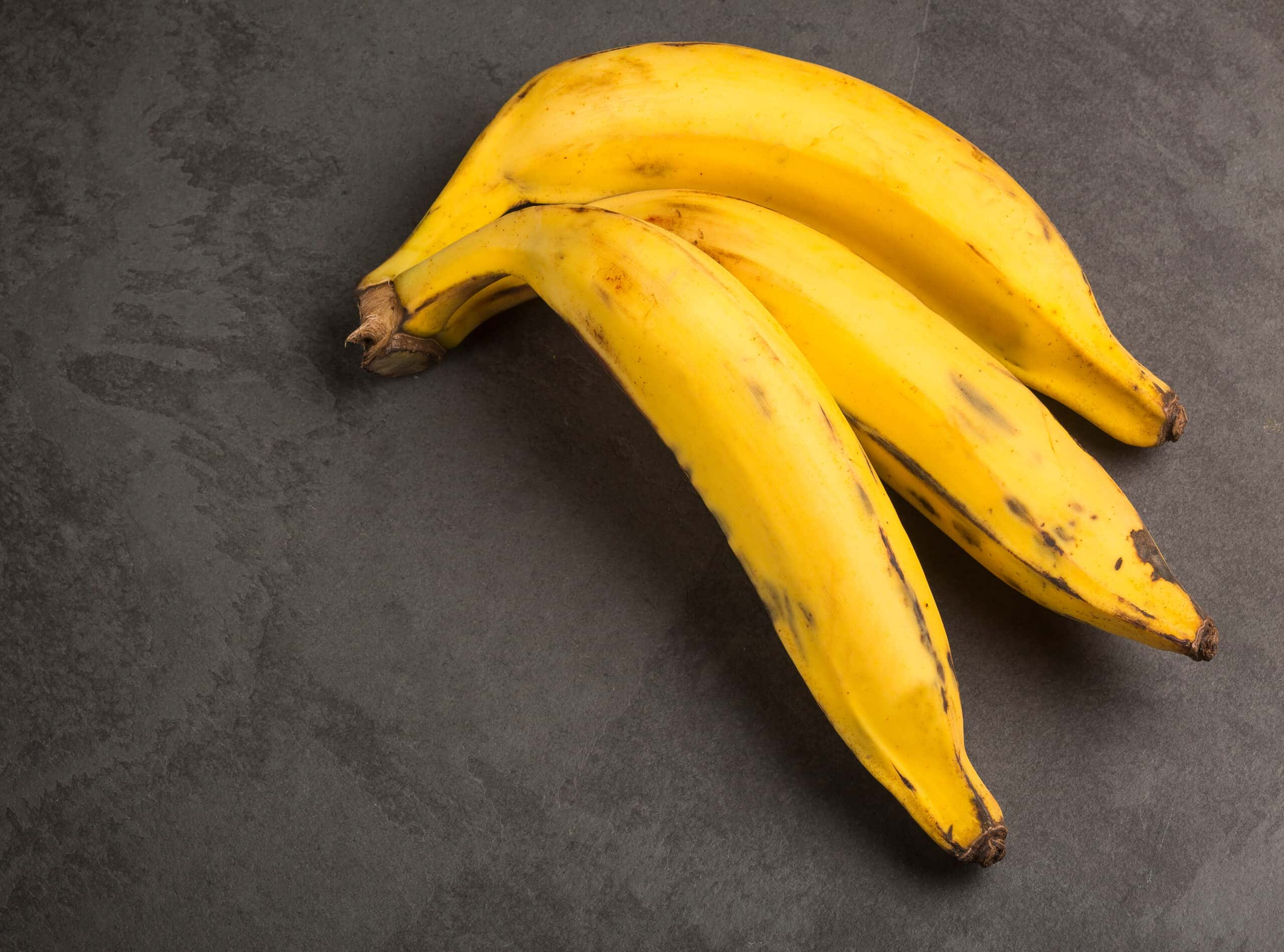
Fruits are generally classified by certain properties—usually having to do with the seeds, stones, flesh, skin, or lack thereof. Bananas, as we know them, grow on trees, and have a fairly tough skin and soft flesh when ripe. The bananas we buy at the supermarket don’t technically have seeds. Sometimes, the black dots you might see at the center of a banana could appear to be seeds, but they’re actually ovule remnants that are leftover from the breeding process that removed seeds from bananas.
If you want to blow your mind, check out a "wild banana." Not only do they not have seeds, they look utterly bizarre compared to a regular banana.
Is a Banana Technically a Berry?
Long before botanists narrowed down exactly what a berry is, people began referring to different fruits as berries willy-nilly. For this reason, some fruits that we don’t think of as berries actually are berries. At the same time, some fruits with berry in their names aren’t actually berries. Confusing much? In any case, we tend to use the word berry to refer to small fruits with sweet or tart flesh.
However, the botanical term for berry is different. It refers to the origin of the fruit. Berries come from a single flower’s ovary; the ovary wall then becomes the berry’s flesh. According to this definition, bananas are absolutely berries. And so are cucumbers, tomatoes, eggplants, and chilli peppers. Who knew?! Plus, if we go deeper into this botanical definition, this reasoning also means strawberries, raspberries, and blackberries aren’t actually berries. They are just parading around as berries. Botanically.
So yes, a banana is actually a berry—but unless you’re a full-time botanist, it’s unlikely that anyone is going to call you on it if you don’t refer to it as such. Still, it’s not a bad fact to have in your pocket at the next trivia night—or if you really want to annoy your grocery store cashier.

